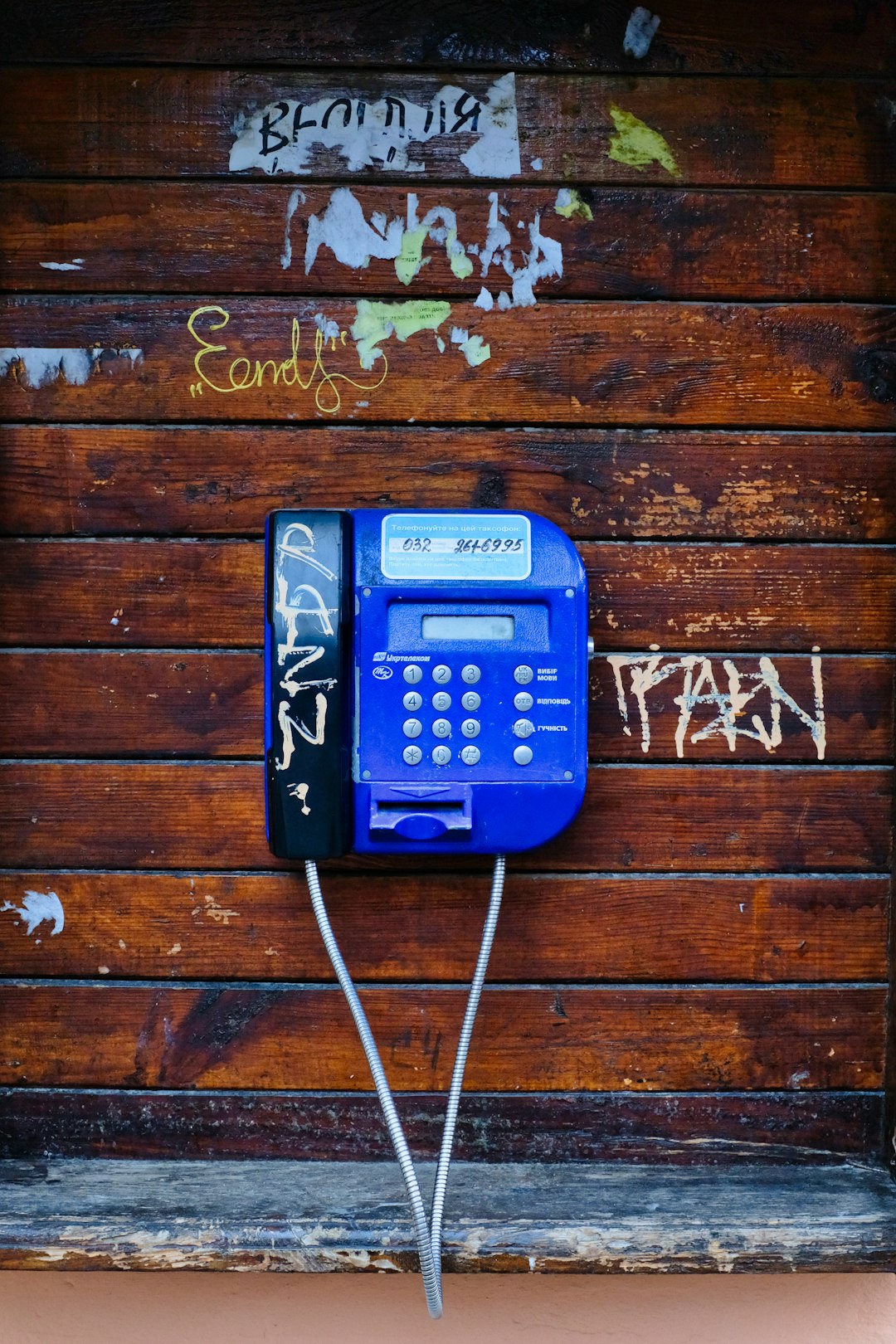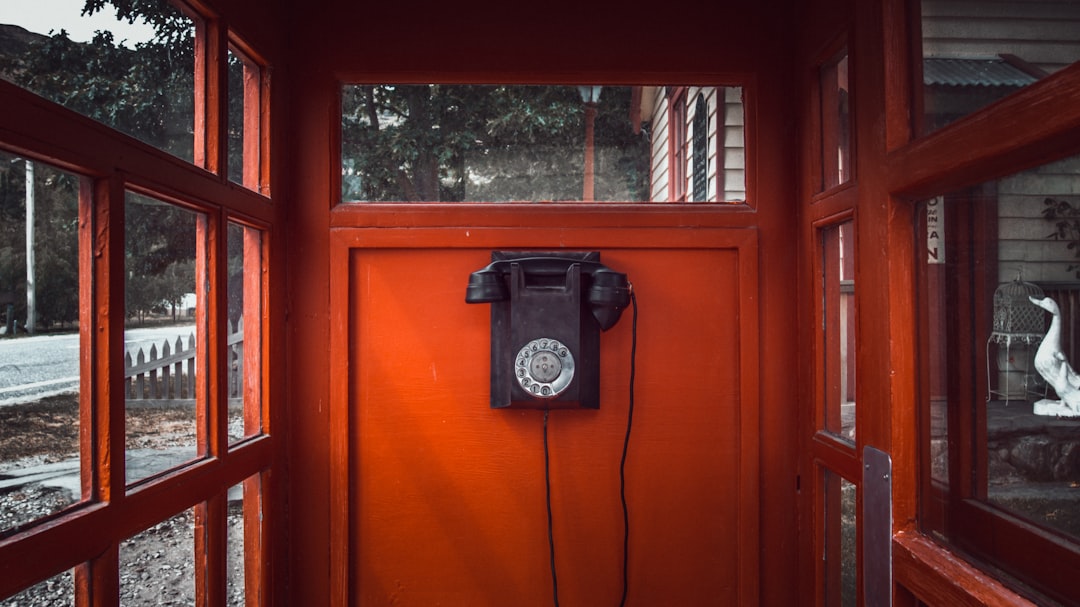Maryland residents are united against robocalls, a growing nuisance from automated marketing calls. They've taken proactive steps, including using blocking apps, reporting suspicious calls, and seeking legal assistance from lawyers for TCPA Missouri. Through collective action, they've achieved success in reducing unwanted calls, curbing illegal telemarketing practices, and navigating the Telephone Consumer Protection Act (TCPA) to protect their rights. Their efforts have led to stricter regulations, setting a precedent nationwide and ensuring a quieter future for Maryland's phone users.
In the modern era of constant connectivity, Maryland residents have been plagued by an increasing number of unwanted robocalls. This article explores real-life stories of Marylanders who took action against these relentless automated calls, focusing on community initiatives and legal strategies. From understanding the problem to success stories and changing regulations, discover how residents united with a lawyer for TCPA Missouri to silence the noise and reclaim their peace.
Understanding the Problem: The Rise of Robocalls in Maryland

In recent years, Maryland residents have been increasingly affected by a nuisance that has become all too familiar: robocalls. These automated phone calls, often from unknown numbers, bombard individuals with pre-recorded messages promoting various products, services, or political campaigns. While many people consider them a minor inconvenience, the volume and frequency of these calls can be overwhelming, leading to frustration and anxiety among recipients.
The rise of robocalls in Maryland mirrors a national trend that has sparked concern among consumers and prompted legislative action. In response, many residents have taken proactive steps to stop these unwanted calls, often seeking legal assistance from Missouri-based lawyers specializing in the Telephone Consumer Protection Act (TCPA). By understanding the problem and taking action, Marylandians are reclaiming control over their communication channels, ensuring a quieter and more peaceful daily experience.
Community Action: How Residents United Against Unwanted Calls

In response to the mounting frustration with robocalls, Maryland residents have taken collective action to fight back against this modern-day nuisance. United under a common goal, they’ve organized and engaged in community efforts to curb unwanted telephone marketing calls, especially those violating the Telephone Consumer Protection Act (TCPA). By joining forces, these residents have created powerful networks that amplify their voices and increase awareness about the impact of excessive robocalls.
They’ve employed various strategies, such as blocking numbers, reporting suspicious calls to authorities, and even coordinating legal actions against persistent violators. Some have turned to seeking advice from a lawyer for TCPA Missouri—a testament to their determination in holding companies accountable under federal law. These collective efforts demonstrate that community action can make a significant difference in mitigating the deluge of unwanted robocalls and reclaiming control over personal communication channels.
Legal Perspective: Fighting Back with a TCPA Lawyer in Missouri

In the ongoing battle against robocalls, many Maryland residents have found their voice—and legal muscle—through seeking help from a TCPA lawyer in Missouri. The Telephone Consumer Protection Act (TCPA) is a federal law designed to protect consumers from unwanted phone calls, including automated or prerecorded messages. With the rise of robocalls, individuals are increasingly turning to legal experts specialized in TCPA cases.
A lawyer for TCPA Missouri can play a pivotal role in holding call centers and businesses accountable for violating consumer rights. These attorneys leverage the TCPA’s provisions to file lawsuits against companies making or facilitating unauthorized calls, helping to curb the deluge of robocalls and secure financial compensation for affected individuals. By taking this legal stand, residents not only protect themselves but also contribute to a broader effort to make phone lines safer and more respectful of personal time.
Success Stories: Real People, Real Results from Robocall Litigation

Many Maryland residents have shared their success stories after taking action against robocalls, showcasing real people achieving tangible results through legal avenues. These individuals, armed with knowledge and the support of a dedicated lawyer for TCPA Missouri, have successfully navigated the complex world of telecommunications law to protect their rights. By filing lawsuits against violators, they’ve not only stopped unwanted calls but also secured financial compensation, setting a precedent for others facing similar issues.
The impact of these success stories extends beyond individual relief. They serve as powerful examples of how collective action can make a significant difference in combating the epidemic of robocalls. As more people become aware of their rights and take proactive steps, it puts pressure on call centers to adhere to regulations, potentially leading to widespread behavior change within the industry.
The Impact: Changing Regulations and a Quieter Future for Marylanders

The relentless robocalls plaguing Maryland residents’ daily lives prompted a collective action that had a profound impact on state-level regulations. This grassroots effort, driven by concerned citizens, led to significant changes in the way telemarketers operate within Maryland’s borders. As a result, Marylanders can now expect quieter lines and fewer unwanted calls, thanks to updated laws aimed at protecting consumer privacy.
These regulatory shifts are a testament to the power of community action, setting a precedent for other states facing similar issues. With increased oversight and stricter enforcement, potential violators of the Telephone Consumer Protection Act (TCPA) in Missouri and beyond face stiffer penalties. This new era of regulation ensures that while businesses can still connect with customers, they must do so responsibly and with respect for individual privacy, bringing a much-welcomed quieter future for Maryland’s phone users.






